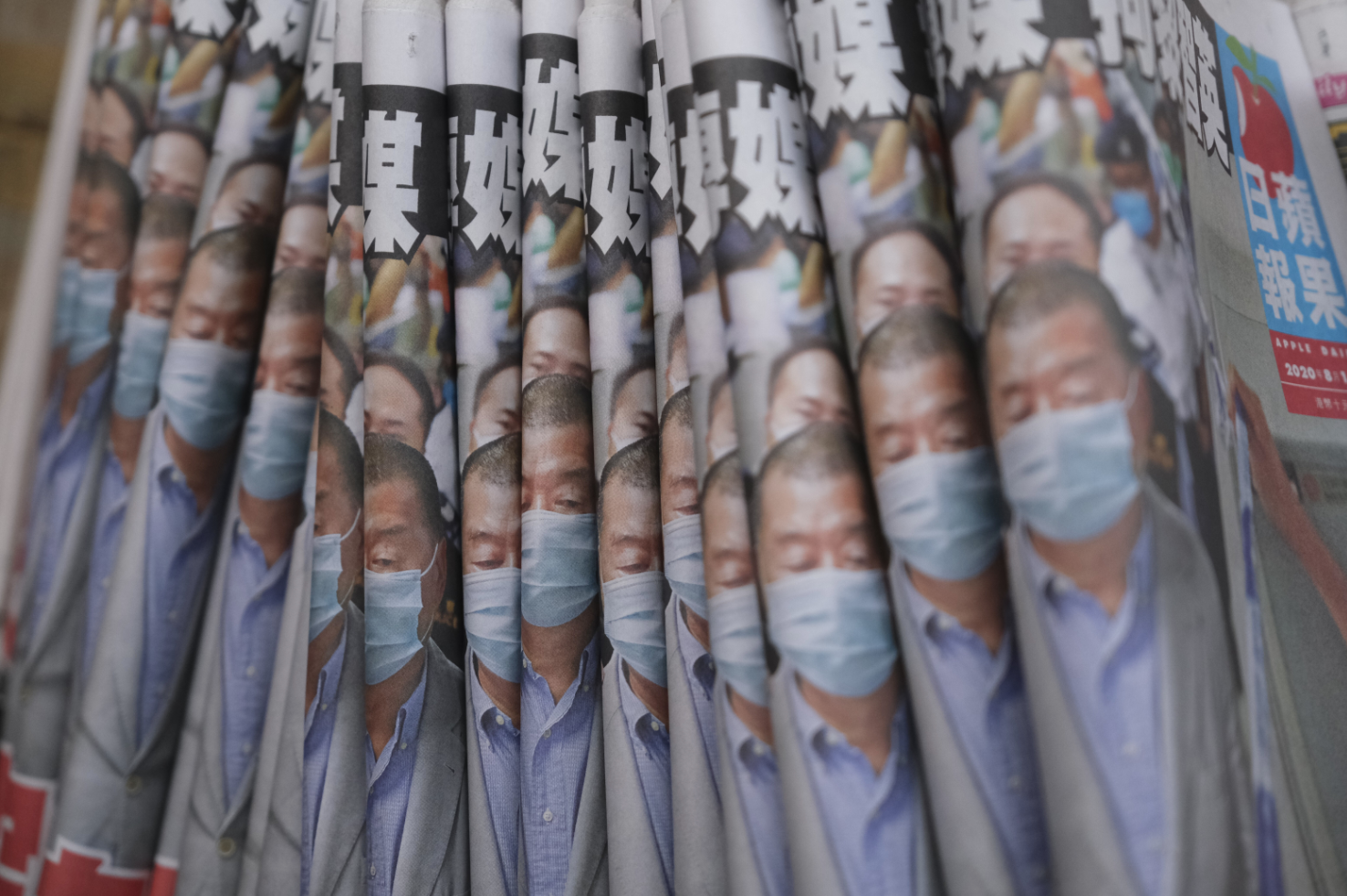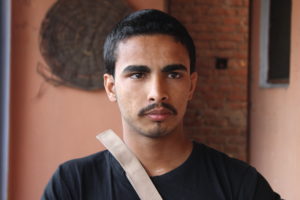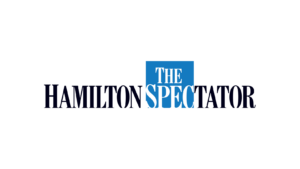This editorial first appeared on August 11, 2020. Click here to see the original article on the South China Morning Post’s website.
- By barring journalists from some media outlets at its press conferences, the force is only hurting its own, already shaky image
Distrust and suspicion that developed between the media and the police during months of often violent civil unrest are, sadly, far from healed. It resurfaced on Monday during the national security raid on the offices of Apple Daily and the arrests of its owner Jimmy Lai Chee-ying and others. The police operations marked the adoption of a new system under which only journalists from “trusted media outlets” are allowed to report from inside the force’s cordoned off areas. As a result, those barred included foreign wire services and local outlets Stand News and RTHK. The latter was admitted later.
Commissioner Chris Tang Ping-keung has revealed it is a pilot scheme. He defined journalists from “trusted media” as those who had not acted unprofessionally and obstructed officers, and had reported fairly. This is capable of being perceived as highly subjective in practice, and hardly an assurance of objective reporting. Journalists and the public need to know what is meant by “trusted media”. Ahead of the briefing, the force made it known that only selected representatives from “well-known media outlets” would be allowed to attend. In that sense “trusted” might refer to traditional or accredited media. Given that the new policy could undermine press freedom, there is an immediate need for clarification. So it is good to hear that in light of the feedback the police will review their action.
The number of reporters may have been seen as too large to allow them all into the briefing, and the commissioner might have had a point that not everyone wearing the yellow media vests was a reporter. But the “trusted” test does raise issues for press freedom, which is enshrined in the Basic Law. They are articulated in comments by a number of media groups such as the Hong Kong Journalists Association and the News Executives’ Association, which said the admission of only selected journalists to briefings had “further damaged the thin trust between the media and law enforcers”.
It seems the police went into this without taking into account the likely perceptions and optics, which are not helpful to the force, the media or the public. “Trusted media” is a problematic concept. Given the concerns raised, the police should revisit this policy and re-engage news organisations in search of a better solution. After all, the media remain society’s eyes and ears in holding power to account.




